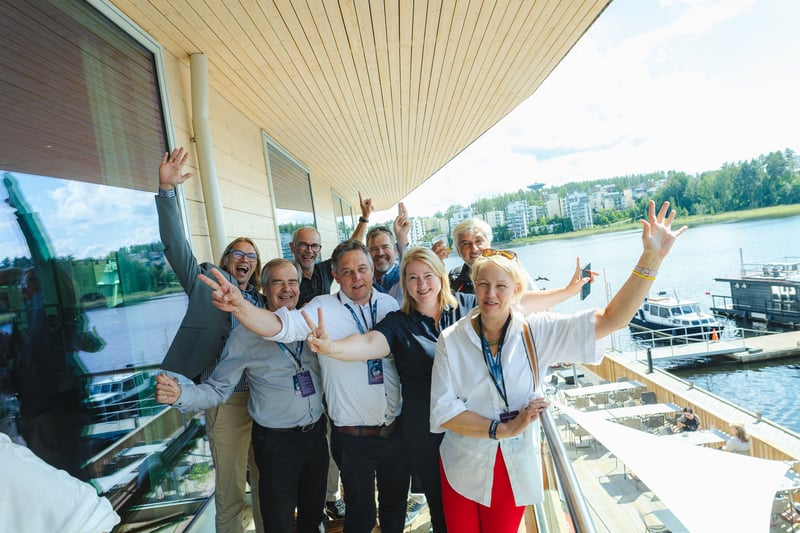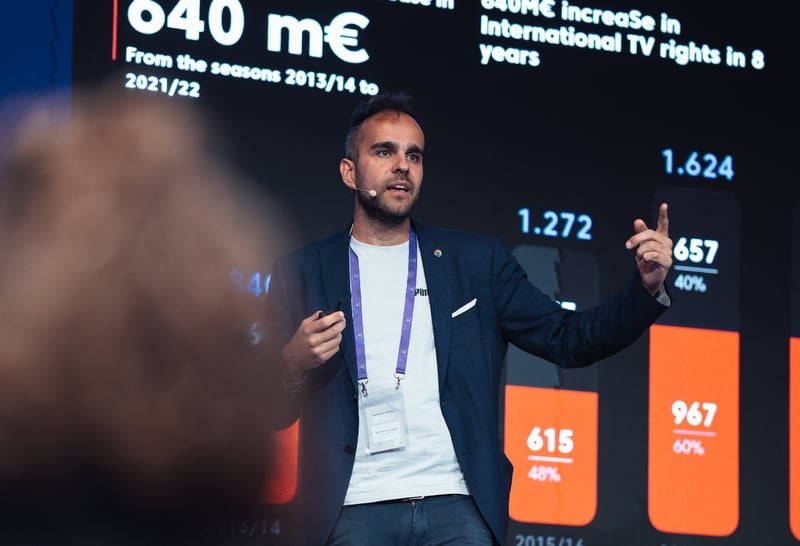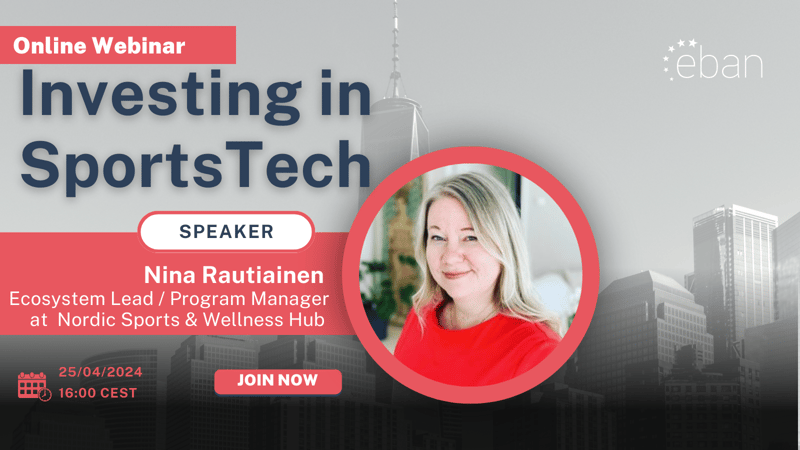The City of Jyväskylä has entered into ecosystem co-operation agreements with the University of Jyväskylä and the Jyväskylä University of Applied Sciences. The aim of the new agreements is to simplify how companies and research organisations can work together on business-oriented innovations and their further development.
The City of Jyväskylä encourages Central Finnish businesses, especially in the wellbeing field, to find new ways of innovating and researching together with the universities. In addition to business-oriented innovations and research, the ecosystem enables joint funding applications nationally and internationally, as well as the creation of new common networks.
Joint funding applications nationally and internationally
Finland wants to increase the share of companies’ R&D investments by 2030 significantly. One of the goals of ecosystem cooperation is to facilitate and accelerate joint funding applications at the international level as well, from sources like Horizon Europe, EU’s key funding programme for research and innovation, to get funding and resources to Jyväskylä.
The ecosystem cooperation also creates new opportunities for companies in Central Finland to co-operate with international alliances and form new networks.
Jyväskylä is uniquely positioned to develop wellbeing services
There is a signed agreement between the City of Jyväskylä and the Finnish Ministry of Economic Affairs and Employment to develop an ecosystem focusing on wellbeing, health, and sports. Jyväskylä is uniquely positioned and internationally renowned in sports and exercise research and expertise. Jyväskylä hosts one of the world’s leading research units, the Faculty of Sports Science of the University of Jyväskylä, as well as the School of Health and Social Studies of the Jyväskylä University of Applied Sciences.
Other Finnish cities are also invited to take part. For example, co-operation is being sought with the cities of Lahti, on their winter sports expertise, and Kuopio, on healthcare effectiveness.
The ecosystem-based co-operation model has already sparked interesting new beginnings. Jyväskylä went public recently with its collaboration with the Bilbao-based football club Athletic Club to research the prevention of injury risks in elite sports and rehabilitative practices.
Other practical examples of the initiatives brought on by the ecosystem collaboration include:
the use of artificial intelligence and the development of data centre operations to measure human performance, digitalising healthcare, robotics in social care, and remote injury prevention and rehabilitation.
“We are actively seeking funding for projects to be launched with partner companies to boost their business. There are currently several applications underway in the Regional Council of Central Finland, Business Finland and Ministry of Economic Affairs and Employment”, says project manager Nina Rautiainen from Business Jyväskylä.
The key objectives of innovation ecosystem co-operation in a nutshell
- Strengthen the work of the partner organisations, such as companies and research organisations, by identifying new ideas and expanding collaborative networks.
- Build the best research, product development and innovation environment in Finland for physical activity, health promotion and well-being.
- Increase joint national and international funding applications.
- Accelerate business R&D investment by supporting research and increasing alliances nationally and internationally.
- Attract companies to establish new R&D centres in Jyväskylä and promote the city’s unique operating environment.
Interested? Contact us!
All companies and organisations, especially in the fields of sports, health and wellbeing are welcome to join the innovation ecosystem coordinated by the City of Jyväskylä. Use the form below and we will contact you.
You can also get more information directly from Project Manager Nina Rautiainen: tel. +358 50 4137 028, nina.rautiainen [at] jyvaskyla.fi



